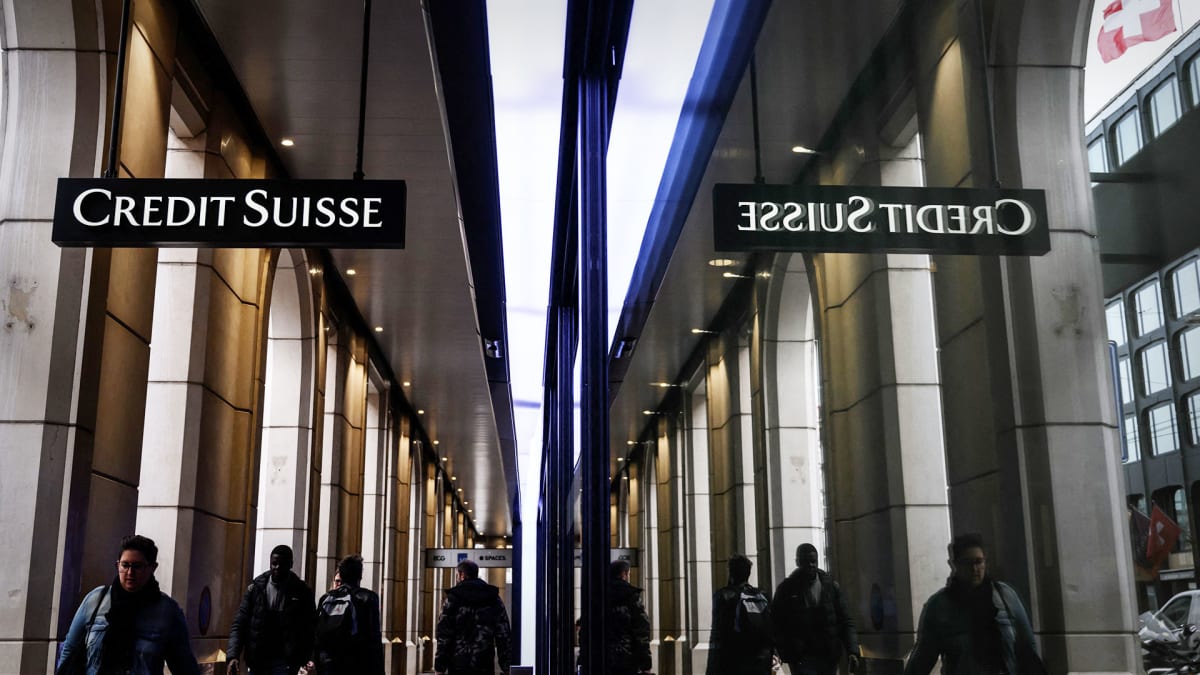
It's the dawn of a new era in the history of European and world finance.
An era marked by the disappearance of a bank created 167 years ago, but which was weighed down by repeated scandals.
Credit Suisse, once a Swiss and European financial flagship, will be swallowed up by its rival and compatriot UBS, the Swiss government announced on Sunday, March 19.
DON'T MISS: First Citizens Could Be Suitor for Silicon Valley Bank
"The Federal Council is therefore confident that in this difficult situation, the takeover of Credit Suisse by UBS is the best solution for restoring the confidence that has been lacking in financial markets recently, and for best managing the risk to our country and its citizens," a government official announced during a press conference.
According to the Financial Times and Bloomberg News the deal is valued at more than $2 billion, in a bid to restore confidence around the banking sector.
Earlier, the FT had indicated that the deal was for $1 billion but Credit Suisse was pushing back, saying the offer was very low and would hurt its shareholders and employees who own deferred stock, according to Bloomberg News.
After back and forth, the two banks finally agreed on more than $2 billion. It would be an all share deal. The price is well below Credit Suisse's market value of 7.4 billion Swiss francs ($8 billion) at the close of the Zurich exchange on Friday March 17. But UBS believed that there was a risk that Credit Suisse's legal problems would return and therefore had to be prepared for this, hence the low price of the transaction.
To restore calm as quickly as Credit Suisse recorded some 10 billion Swiss francs in outflows in one week, the Swiss authorities urged UBS to acquire Credit Suisse. Discussions were held throughout the weekend with the aim of having an agreement before the opening of the Asian markets on Monday.
To expedite things and calm down the markets, the Swiss authorities plan to change the regulatory laws of the country requiring that a merger or acquisition be validated by the shareholders via a vote, according to the report.
UBS also insisted to have a material adverse change clause that voids the deal, if its credit default swaps spreads jump by 100 basis points or more.
A credit default swap (CDS) is a form of insurance for bondholders. When the cost of a CDS rises, it suggests that investors lose confidence that the company will be able to honor its debts.







